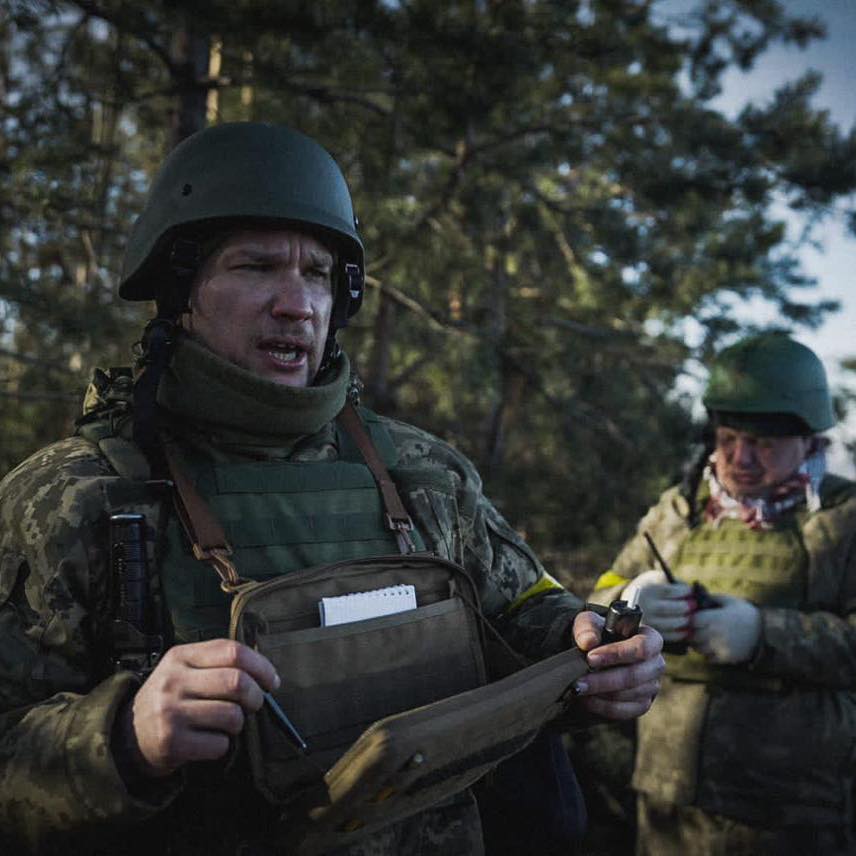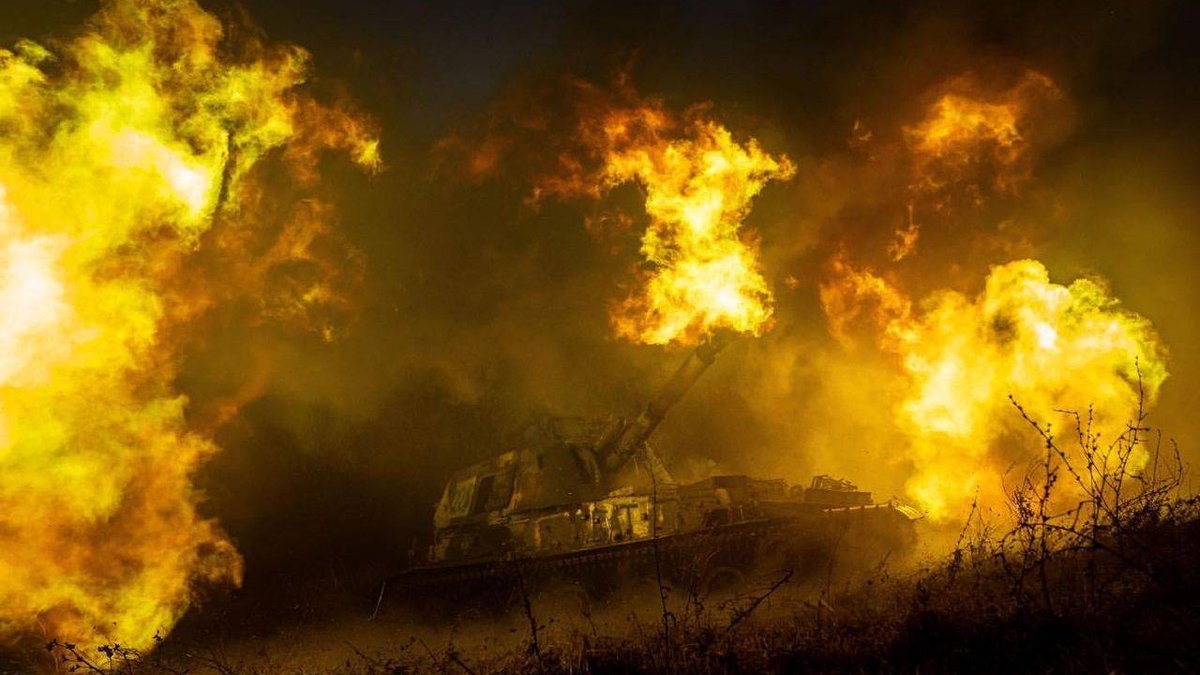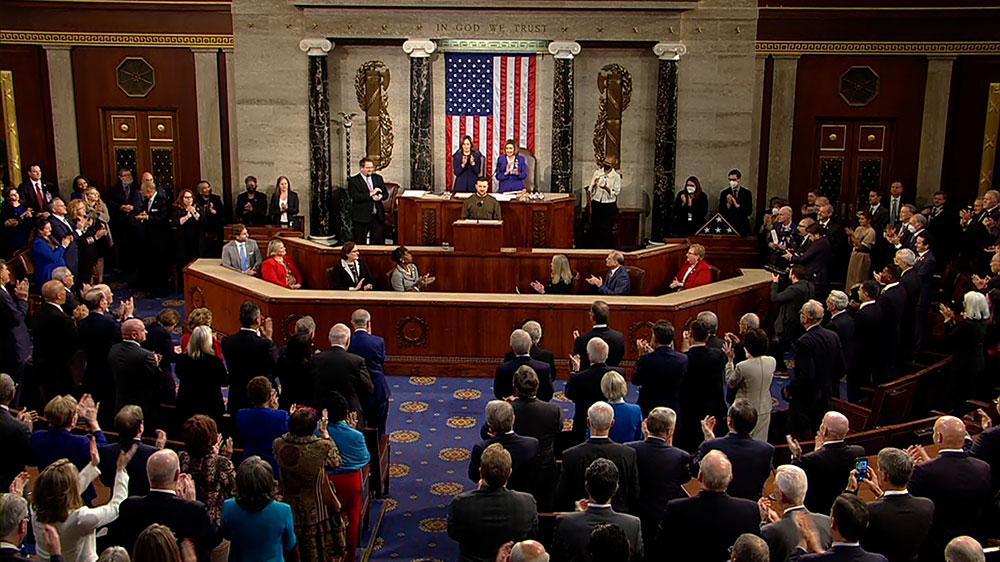
It is 322 days since the Russian invasion of #Ukraine began. Today, an examination of the announcement that Russian General #Gerasimov ‘is taking charge’ of the Russian invasion of Ukraine. 1/25 🧵🇺🇦 

2/ The Russian Defence Ministry has announced that General Gerasimov has been appointed “commander of the combined forces group for the special military operation in Ukraine.” bbc.com/news/world-eur…
3/ General Gerasimov is the Chief of the General Staff of the Russian Armed Forces. He was appointed to this position by President Putin in November 2012.
4/ There will be much speculation as to why this is occurring. Is it because Putin is already impatient with Surovikin’s methods and lack of successes that Putin can portray as victories to the Russian people? Perhaps.
5/ Is this more about palace politics, with the open hostility and competition between the Russian military and the Wagner Group forcing Putin’s intervention? Or, because Surovikin – with a direct link to Putin - was becoming more powerful relative to Gerasimov?
6/ There is some interesting initial analyses. @MassDara highlights this is a political move: “It’s hard to argue that Surovikin was demoted for cause...he consolidated positions, used resources better, had Putin's ear, is popular among the troops...”
https://twitter.com/MassDara/status/1613249592287453194?s=20&t=GRNTPZ2W6dC8J5EN1t0mZw
7/ Next, the @MarkGaleotti assessment is worth a read. He notes “For Gerasimov (who we were assured was out of favour ... or who was Putin's right hand man...) it is a kind of demotion, or at least the most poisoned of chalices. It's now on him.”
https://twitter.com/MarkGaleotti/status/1613225252900966401?s=20&t=GRNTPZ2W6dC8J5EN1t0mZw
8/ Interestingly, Mark notes that: I don't think Moscow's strategy hinges anyway on battlefield victory - it's more about politics… demonstrating to the West that Russia is in this for the long haul, and hoping that we will lose the will and unity to continue to support Kyiv.”
9/ And this from @R_Politik: “This is not a promotion for #Gerasimov, even if he retained his post as head of the General Staff. Personnel decisions recently have been made to the contrary: not in order to achieve something, but rather to avoid something.”
https://twitter.com/R__Politik/status/1613282971993231370?s=20&t=GRNTPZ2W6dC8J5EN1t0mZw
10/ Why is the chief Russian military commander taking over what is essentially a theatre command, to replace a commander who was only appointed 3 months ago? This is a significant intervention. 

11/ It is very unusual for the most senior military leader of a nation to ‘step down’ and assume an operational command. It is an indicator that Putin is running out of options for his Ukraine special operation. Beyond politics, there are strategic & operational impacts.
12/ Strategic impact. Will he be replaced & by whom? Gerasimov has led Russian military reforms for the past decade. He also commands the day to day running of the entire military, including strategic forces. It is not a position that should be left unfilled for long.
13/ Who will oversee overall Russian military development, as well as mobilisation? The Russian Army needs leadership to rebuild from its losses in Ukraine. Can Gerasimov do this and command in #Ukraine?
14/ And does Gerasimov’s focus on Ukraine mean Russian military #strategy will improve, or get even worse than the past 11 months? Despite the mythic status of Gerasimov before the war, the performance of the Russian military he oversees has been bad. realcleardefense.com/articles/2022/…
15/ And, how will he be able to counter the growing influence of Prigozhin in Moscow if he is absorbed by operations in Ukraine? 

16/ Operational impacts. Gerasimov’s appointment involves a reshuffle of command appointments in Ukraine. He will have three deputy commanders: Surovikin, Army General Oleg Salyukov, and Colonel General Alexey Kim.
https://twitter.com/RALee85/status/1613200025575620610?s=20&t=GRNTPZ2W6dC8J5EN1t0mZw
17/ This should lead to some interesting interactions between #Gerasimov and #Surovikin. And Surovikin, the survivor he is, will ensure he is well placed to step up if Gerasimov fails.
18/ What might we see that is different in Russia’s approach in Ukraine once #Gerasimov takes over? In reality, probably very little. Gerasimov does not get to start with a blank sheet of paper for his command.
19/ He has to start with the situation handed to him by Surovikin, Dornikov and other Russian commanders. He has territory to defend, mobilised troops to deploy, offensive and defensive operations in the east and a strategic missile & drone campaign underway.
20/ In particular, he will probably continue wanting to attrit the Ukrainians in the Battles of Bakhmt and Soledar, while holding the Kreminna-Svatove line. Concurrently, he will have little choice but to undertake offensive operations to secure more of annexed territories.
21/ As the one year anniversary of Russia’s invasion approaches, Putin will seek Russian ‘victories’ to fulfil his annexation objectives and to justify the cost of the war to his people. This political imperative will drive Gerasimov’s operations in 2023.
22/ In WW2, General MacArthur appointed UA Army General Robert Eichelberger to command US forces at Buna. Before departing, Eichelberger was told "Bob, I want you to take Buna, or not come back alive." Has Gerasimov been given a similar directive by Putin?
23/ Has Putin and Defence Minister Shoigu finally put in place all the elements to set up Gerasimov as the fall guy for all of Russia’s failures in the war? 

24/ The appointment raises many more questions for Russia’s approach to Ukraine than it answers. The coming days and weeks will hopefully provide more clarity about some of the issues raised in this thread. End. 

25/ Thank you to the following whose images and links were used in this thread: @RALee85 @MassDara @R_Politik @MarkGaleotti @CNN @NYTimes @DefenceU @ChristopherJM @RFERL
• • •
Missing some Tweet in this thread? You can try to
force a refresh














